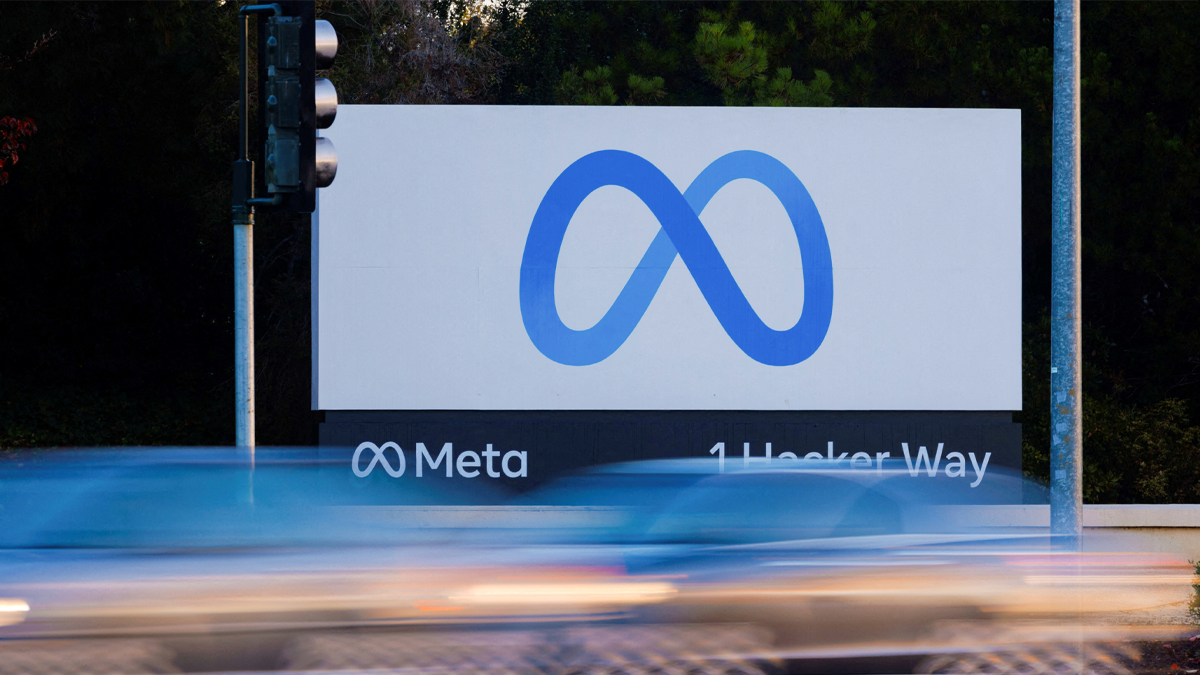
Malaysia might reconsider its plan to take legal action against Facebook’s parent company, Meta Platforms (META.O), as there has been “positive” engagement between the two parties regarding the handling of harmful content on the social media platform.
Communications Minister Fahmi Fadzil stated that Meta has made a firm commitment to collaborate with Malaysian authorities, including the regulator and the police, to address such content on its platforms.
Read more | Twitter CEO to sue Meta CEO
The Malaysian Communications and Multimedia Commission (MCMC) had previously announced its intention to pursue legal action against Meta for its alleged failure to address “undesirable” content related to various sensitive topics, including race, religion, defamation, impersonation, online gambling, and scam advertisements.
Fahmi expressed satisfaction with Meta’s cooperation and stated that, at this point, there might not be a need for the MCMC to initiate legal action.
The government is also contemplating potential measures, such as fines, against social media platforms if they do not effectively address harmful content.
Facebook is the most prominent social media platform in Malaysia, with an estimated 60% of the country’s population having registered accounts.
Fahmi also addressed concerns regarding increased government scrutiny of online content and clarified that take-downs of certain opposition-linked news sites and social media accounts were likely in response to violations of social media guidelines reported by ordinary users.
Freedom Vs Unethical Content
The Malaysian government emphasizes that it does not intend to suppress freedom of expression but draws the line at content that touches on sensitive issues related to race, religion, and royalty.
The country’s telecommunications firms are set to form Malaysia’s second 5G network as part of the government’s plan to end the monopoly held by the state-owned 5G agency, Digital Nasional Berhad (DNB).
Read more | Facebook rolls out new feature
These firms will take up stakes in DNB and use its network, eventually splitting to create the second 5G entity when coverage reaches 80% of populated areas.



